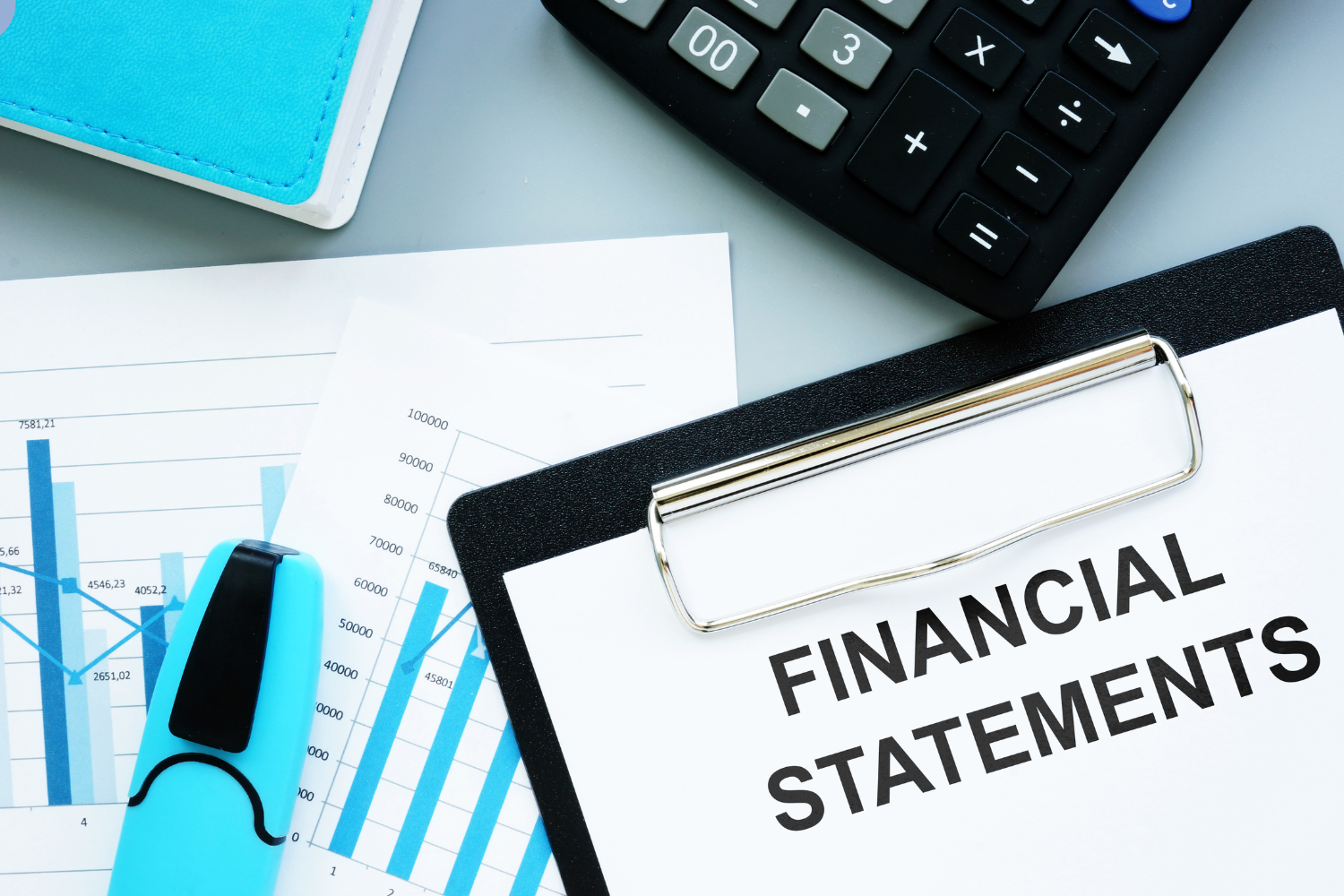If you’re self-employed or have income that’s hard to show through tax returns or pay stubs, getting a mortgage might seem tricky. But don’t worry—there’s a loan just for you: the bank statement loan. In this guide, I’ll walk you through what it is, how it works, and if it might be the right option for you. If you have any questions, I’m always here to help. You can reach me at chris.kobz@fairwaymc.com.
What’s a Bank Statement Loan?
A bank statement loan is perfect for folks whose income doesn’t show up neatly on tax returns. If you’re self-employed, a freelancer, or a small business owner, you can use your bank statements to qualify for a mortgage. Instead of tax returns or W-2s, the lender checks your last 12 to 24 months of bank deposits to figure out your income.
Great for:
- Self-employed people
- Freelancers or gig workers
- Small business owners
- Investors or real estate agents
Example: Let’s say you had a lot of deductions on your taxes, and it shows you only made $100,000, but in reality, you brought in $200,000. A bank statement loan lets you use your bank deposits to show your real income.
How Bank Statement Loans Work
Bank statement loans don’t follow the usual rules for mortgages, which means they’re a bit more flexible, but they come with higher interest rates. Here’s how they work:
- You’ll provide 12 to 24 months of bank statements from your personal or business accounts.
- The lender checks those statements to figure out your income.
- Based on your income, they’ll pre-approve you for a loan amount.
Bank Statement Loan vs. Traditional Mortgage
Traditional mortgages require regular documentation like pay stubs and tax returns and are best for people with steady, easy-to-verify income. But if you’re self-employed or have a more complex financial situation, a bank statement loan might make more sense.
Here’s a quick comparison:
- Traditional Mortgage: Lower interest rates, smaller down payments, but you need regular pay stubs and tax returns.
- Bank Statement Loan: Higher interest rates, bigger down payments, but uses your bank statements to qualify.
Who Should Consider a Bank Statement Loan?
This loan is a good option if:
- Your tax returns don’t reflect your true income because of deductions.
- You’re self-employed or have irregular income.
- You don’t get a traditional paycheck, but you have steady deposits coming into your bank account.
Pros and Cons of Bank Statement Loans
Pros:
- Flexibility: You don’t need to show pay stubs or tax returns.
- Higher loan limits: You might be able to borrow more than with a traditional loan.
- Easier for self-employed borrowers: If you have non-traditional income, this is a great option.
Cons:
- Higher interest rates: Since it’s riskier for the lender, expect to pay a bit more.
- Larger down payments: You’ll likely need to put down at least 10%.
- Prepayment penalties: Some bank statement loans may charge you if you pay off the loan early.
We Have Bank Statement Loans at Fairway!
At Fairway, we offer bank statement loans and can help you through the entire process. If you’re self-employed or have non-traditional income, this might be the perfect solution for you. Feel free to reach out to me anytime for more info or to get started!

